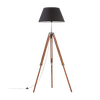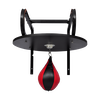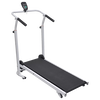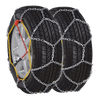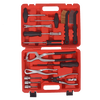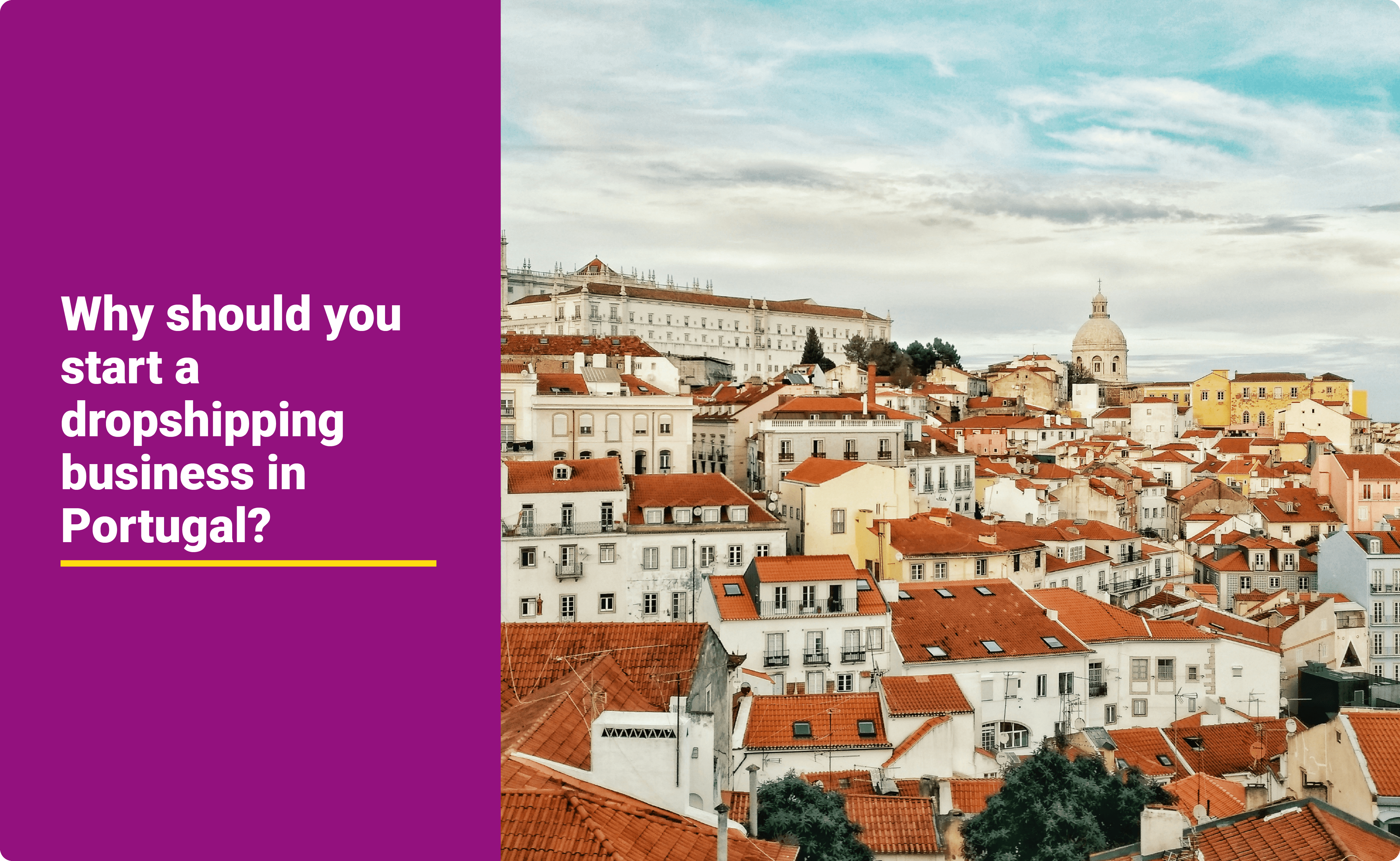Country information
Location
Portugal, also known as the Portuguese Republic, is a small Mediterranean country in southern Europe, neighbouring Spain. The capital city is Lisbon, roughly in the centre of the Portuguese coastline.
Population
Portugal had a population of 10.3 million in 2023, as per Britannica. In 2022, the World Bank ranked Portugal as the 90th largest population in the world (behind Greece, Sweden, and Honduras, but ahead of Papa New Guinea,
Azerbaijan, and Tajikistan).
Wealth
The Organisation for Economic Cooperation and Development (OECD) states that Portugal's disposable income is USD 24,877, which is less than the average of USD 30,490. Household net wealth is USD 255,303, which is also less than
the average of USD 323,960. Portugal is the 45th richest country in the world, as published by Global Finance Magazine in 2024. With this in mind, the Portuguese are more likely to consider price when buying online.
Language
Over 95% of Portugal speaks Portuguese as their mother tongue or fluently as a foreign language. Although there are various dialects, there are no regional languages like in Spain. The second most commonly spoken language is
English (14%), according to the European Commission.
Dropshipping in Portugal
How is the ecommerce market?
- The ecommerce market is expected to see a compound annual growth rate (CAGR) of 6.4% between 2023 and 2027 (eCommerceDB, 2023).
- The Portuguese ecommerce market will be worth USD 6.15 billion in 2024 (Statista, 2024).
- Portugal has a digital buyer penetration rate of 53.4% (Statista, 2024).
- 69% of Portuguese online shoppers say price is the most important factor when choosing to buy (TGM Research, 2022).
- Clothing and electronics are the most popular products bought online by Portuguese shoppers (Klarna, 2022).
Portugal's ecommerce market has taken time to catch up with its European neighbours. The country has a long history of low productivity and late investment in domestic manufacturing during the Industrial Revolution. Since the
19th century, the country has experienced poverty, and a low-skilled workforce, and was hard-hit during the 2008 economic crisis.
In recent years, however, Portugal has embraced new technology and digitisation. The Portuguese government proudly published in 2023 its peak economic growth - outshining the European Union average. Portugal witnessed a 1.9%
growth rate compared to Spain's 1.8% and Belgium's 1.5%.
The country has also become a new hub for business startups. As published by Portugal Business News in 2023, Portugal climbed two places in the Global Startup Ecosystem Index 2023, one of only two countries worldwide to do so.
Portugal overtook Brazil to become the 26th top startup country.
What are the benefits of starting a business in Portugal?
Portugal has earned a reputation as an attractive location for European business startups:
- Ranked #6 most attractive European economy for investment, Ernst & Young 2023 Attractiveness Survey
- Ranked #26 as a top startup country, Global Startup Ecosystem Index 2023
- The World Travel Awards crowned Portugal "Europe's Leading Destination" for 2023
- Lisbon was the third-best city for ex-pats in the 2020 Expat Insider survey
- Portugal was considered a strong innovator by the European Commission's European Innovation Scoreboard in 2020
- Ranked #25 out of 161 in “The Best Countries for Business,” Forbes, 2019
- The second most open country for foreign direct investment by the OECD FDI restrictiveness index in 2019
Additionally, a Lloyd's Bank report highlights Portugal's political stability, excellent international relations with the European Union and its former colonies, and government policies to promote foreign investment.
How much do Portuguese online shoppers spend?
Data from Statista in 2022 found an increased trend in how much Portuguese shoppers are willing to spend online. These are the figures:
- €100–499: Most Portuguese consumers (36.8%) have a reasonable budget for online shopping.
- €50–99: The second-most-popular amount spent online by the Portuguese (20.4%) was just under €100.
- €0–50: Following closely behind, 19.1% of Portuguese consumers have a very low amount they are willing to spend online.
- €500–999: A small portion of Portuguese consumers (8.6%) are willing to spend a large budget under €1,000.
- €1,000 or more: The smallest percentage of Portuguese online shoppers have over €1,000 to spend.
How often do the Portuguese shop online?
The Portuguese are some of the least frequent online shoppers compared with other countries, according to Klarna Insights in 2022. Only 15% of Portuguese shoppers buy online once a week. In contrast, 21% of Norwegians, 38% of
Australians, 40% of Germans, 43% of North Americans, and 48% of Brits shop weekly online.
However, the younger generations were planning to increase their online spending in 2023. 61% of Gen Z (aged 18-24) and 59% of Millennials (aged 25-40) surveyed by Klarna said they will buy more from ecommerce stores.
Product categories with high sales
Portugal's online annual spending is split into the following categories of consumer goods, as per Data Reportal, 2023:
| Rank |
Retail category |
Revenue in 2022 |
| 1 |
Fashion |
USD 1.85 billion |
| 2 |
Electronics |
USD 1.20 billion |
| 3 |
Personal and household care |
USD 652.4 million |
| 4 |
Toys, hobby, and DIY |
USD 621.9 million |
| 5 |
Furniture |
USD 322.3 million |
| 6 |
Physical media |
USD 237.1 million |
| 7 |
Food |
USD 102.2 million |
| 8 |
Beverages |
USD 50.16 million |
To compare, these Portuguese spending figures are roughly eight times smaller than Spain's for each category.
Top ecommerce players in Portugal
According to Similarweb, the most popular ecommerce players in Portugal in January 2024 are listed in the following table:
| Rank |
Ecommerce retailer |
Category |
| 1 |
Olx.pt |
Price comparison website |
| 2 |
Worten.pt
|
Online marketplace |
| 3 |
Amazon.es |
Online marketplace |
| 4 |
Aliexpress.com |
Online marketplace |
| 5 |
Temu.com |
Online marketplace |
Portuguese shoppers use online marketplaces to compare prices, find good deals from cross-border sellers (predominantly Spain and China), and prefer sellers with fast delivery. Portugal is interesting, as it's one of the few
countries where Amazon doesn't take the number one spot. Amazon doesn't have a Portuguese website, so shoppers must use the Spanish platform.
Internet penetration in Portugal
Portugal is digitally connected with regular internet users. In 2023, Portugal had an internet penetration rate of 85.1% (8.73 million) compared to the global average of 64.4%, says Data Reportal.
The Portuguese spend 7 hours and 37 minutes browsing the internet across all devices. Internet time is split almost evenly between laptops and PCs (51.6%), and smartphones (48.4%).
Data Reportal also found that 60.5% of Portuguese use the internet to research products and brands.
Use of smartphones
Klarna Insights in 2022 shows that 7 in 10 Portuguese consumers use their smartphone for online shopping more than before the Covid pandemic. This is at a similar rate to the USA (68%), the UK (67%), and the Netherlands (64%).
Smartphones are still not preferred when shopping online. Only 31% prefer to use a smartphone compared to 65% on the computer. These figures are similar to those of countries in Western Europe such as the UK (35% on a smartphone
and 49% on a computer), France (27% on a smartphone and 65% on a computer), and Germany (30% on a smartphone and 58% on a computer).
Delivery services in Portugal
The main delivery services in Portugal include the national postal service called Correios de Portugal (CTT), plus courier services such as DHL, DPD, TNT, FedEx, UPS, and Relais Colis.
A very high number of Portuguese (66%) want low-cost or free delivery with their online orders, according to TGM Research, 2022. Many shoppers in the country feel that the returns procedure for online orders needs to be
improved. 76% of those surveyed by Klarna agreed.
These are the main disadvantages of ecommerce for Portuguese consumers around shipping and delivery:
-
50% mentioned the shipping costs
- 27% mentioned uncertain or long delivery times
- 26% mentioned returning their purchase and waiting for refunds
- 22% mentioned delivery problems
82% of respondents to the Klarna survey said they would prefer to purchase from an ecommerce retailer that allows payment after delivery and trying the items, for example, cash on delivery (COD).
To enable the success of a dropshipping ecommerce business in Portugal, it is recommended to offer fast and free delivery with flexible and free or low-cost returns. By dropshipping with dropshippingXL, your Portuguese customers
can enjoy free delivery from European warehouses. The flexible returns policy for Portugal offers refunds within 30 days, or a full product replacement is available within six months.







